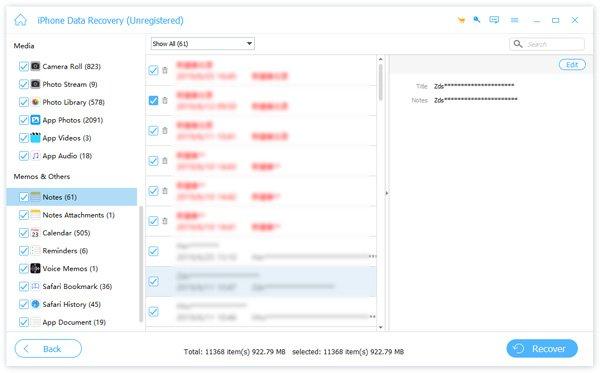

Insiders or employees with privileged access to computers and networks.Other states and state sponsored groups launching cyber-attacks with the aim of collecting information on or compromising UK government, defence, economic and industrial assets and.Cyber-terrorists who intend to cause maximum disruption and impact.Individuals or groups with low skill levels but the ability to use cyber tools developed by others.

Individuals or groups with high skill levels but low criminal intent, for example protest hacktivists.
Accessing file on icloud from thebrain software#
Highly skilled individuals or groups who can code and disseminate software to attack computer networks and systems, either to commit crime or facilitate others to do so.the disruption or downgrading of computer functionality and network space, such as malware and Denial of Service (DOS) or Distributed Denial of Service (DDOS) attacks.Ĭyber-dependent crimes are committed for many different reasons by individuals, groups and even sovereign states.Illicit intrusions into computer networks, such as hacking and.Cyber-enabled crimes - traditional crimes which can be increased in scale or reach by the use of computers, computer networks or other forms of ICT (such as cyber-enabled fraud and data theft).Ĭyber-dependent crimes fall broadly into two main categories:.developing and propagating malware for financial gain, hacking to steal, damage, distort or destroy data and/or network or activity).



 0 kommentar(er)
0 kommentar(er)
